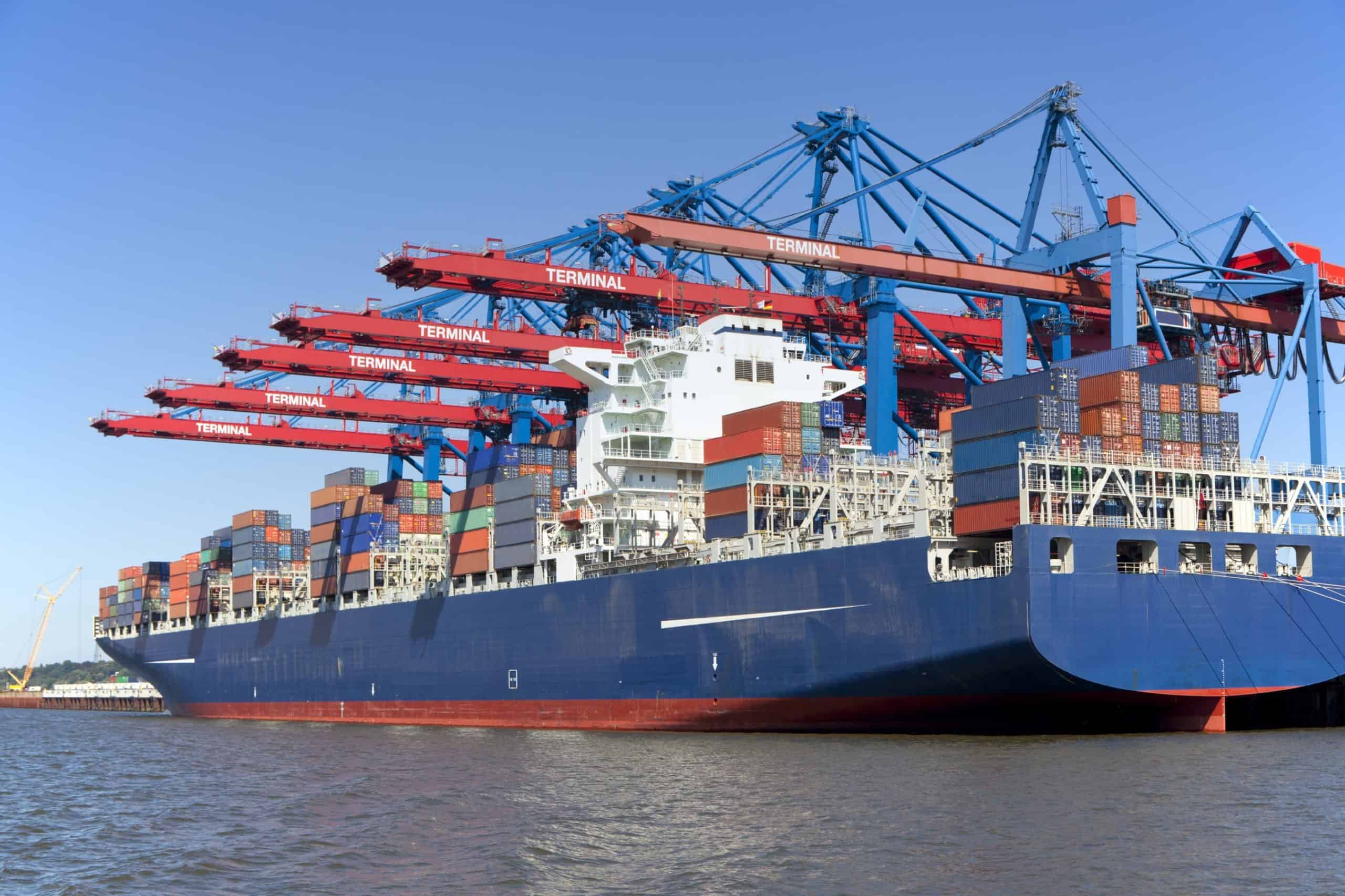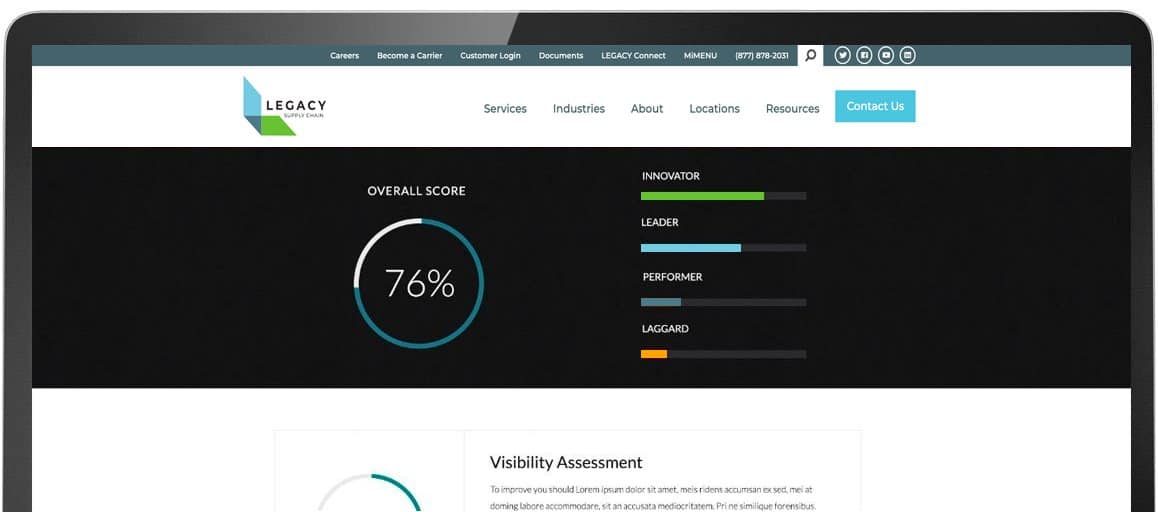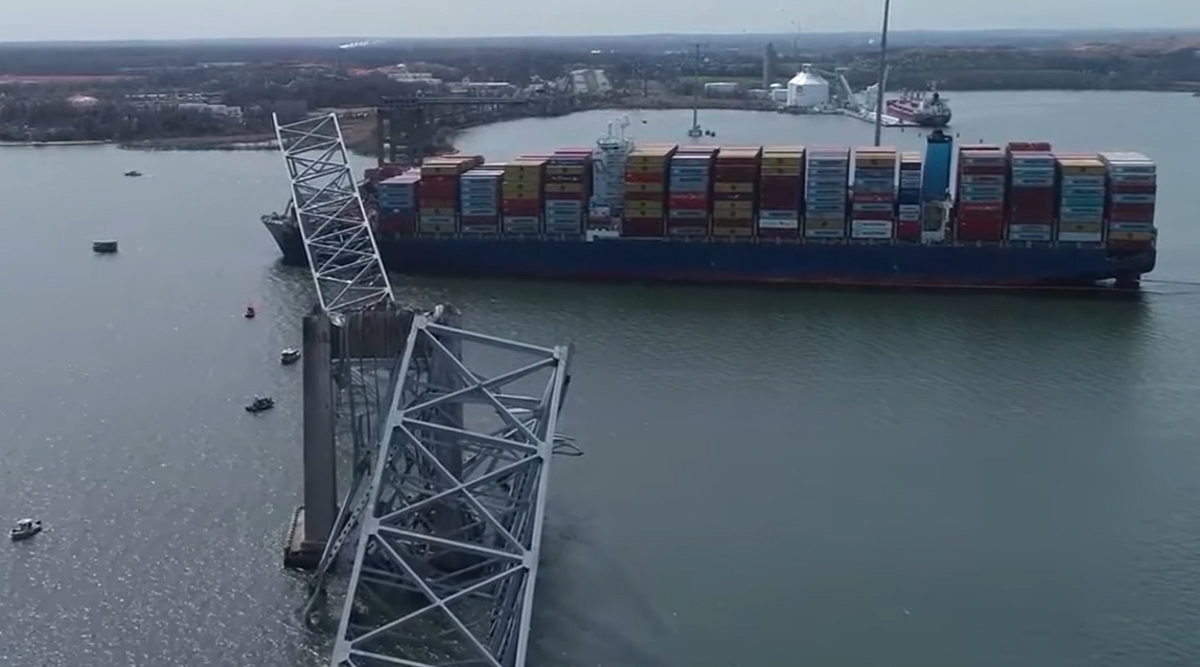Ocean Transportation: Are You Ready for Peak Season?

Recently, The Journal of Commerce posted an article on the state of trans-pacific ocean transportation as shippers head into their busy peak season. The article points to growing concern among U.S. importers due to tightening ship capacity, an increase of carrier-rolled bookings, and overall recovery of container rates.
As logistics professionals, we’ve seen it all when it comes to the supply & demand game that is international ocean transportation. Rates weaken, carriers pull capacity, carriers bump lower-revenue contracted bookings in favor of premium rate demands for peak season space – and so on and so forth. As we head into peak season 2016, we’re seeing many tell-tale signs pointing to one thing… Importers must be on top of their game in order to secure space at an economical rate.
How Ocean Transportation Peak Season is Affecting Importers:
- Prices are Up: although the July 2016 proposed GRI did not materialize, ocean transportation prices are up compared with the low rates we saw this spring. Price volatility continues to define the spot market on Trans-Pacific to US East/West Coasts & Canada, as well as Asia-Europe.
- Volume is Down: importers have built up inventories over the past couple years in response to an improved economy and the rise of omni-channel fulfillment. There are many forecasts out there, most point to lower-than-expected retail sales coming off of sluggish import volumes in 2Q 2016.
- Container Capacity is in Flux: The Journal of Commerce reports that carriers have increased idle vessel capacity to 2 1/2 times above what we saw at this time last year. Despite this, there still appears to be an over abundance of supply vs. demand, likely leading to carriers actively seeking to force shippers into paying peak season premiums.
- Active Management of Shipments Will Pay Off: rate fluctuation and the increase of carrier-rolled bookings requires importers to spend more time booking and managing peak season shipments to ensure shipping windows are met. The importer who does not dedicate resources to actively managing their freight could be the importer who misses out on customer orders.
What Importers Can Do:
- Book shipments 3-4 weeks in advance if possible.
- Monitor bookings- carriers are rolling shippers’ freight to later sailings, awareness and flexibility will allow importers to overcome delays.
- Diversify your provider options- a mix of carrier contracts & NVO agreements, as well as taking advantage of the spot market can ensure capacity while optimizing transportation spend.
- Diversify your sailing options- being prepared with multiple sailing options for each booking allows you to be nimble in the event your booking is rolled.
- Weigh Risk vs. Reward on each booking- knowing your cost of goods sold allows you to balance the risk of being rolled vs. paying container booking premiums to ensure critical customer shipping deadlines are met.
Get Insights. Stay Ahead.
Get the latest news and insights via email on warehouse improvement, transportation optimization, labor strikes and international shipping rate changes.Popular Posts
Search Posts
-
2024 Q1 Freight Landscape: Trends, Challenges, and Predictions
As the first quarter of 2024 comes to an end, here are some observations over the past few months as well as predictions about the trucking...
+ Read more -
Baltimore Bridge Impact Assessment – Update
Following the recent Baltimore Bridge collapse and subsequent port closures, we want to keep our customers informed about the situation and...
+ Read more -
Global Momentum Builds for Charge on Global Shipping Sector’s CO2 Emissions
A growing coalition of 47 countries, including key players like the European Union, Canada, Japan, and various Pacific Island nations, is...
+ Read more









